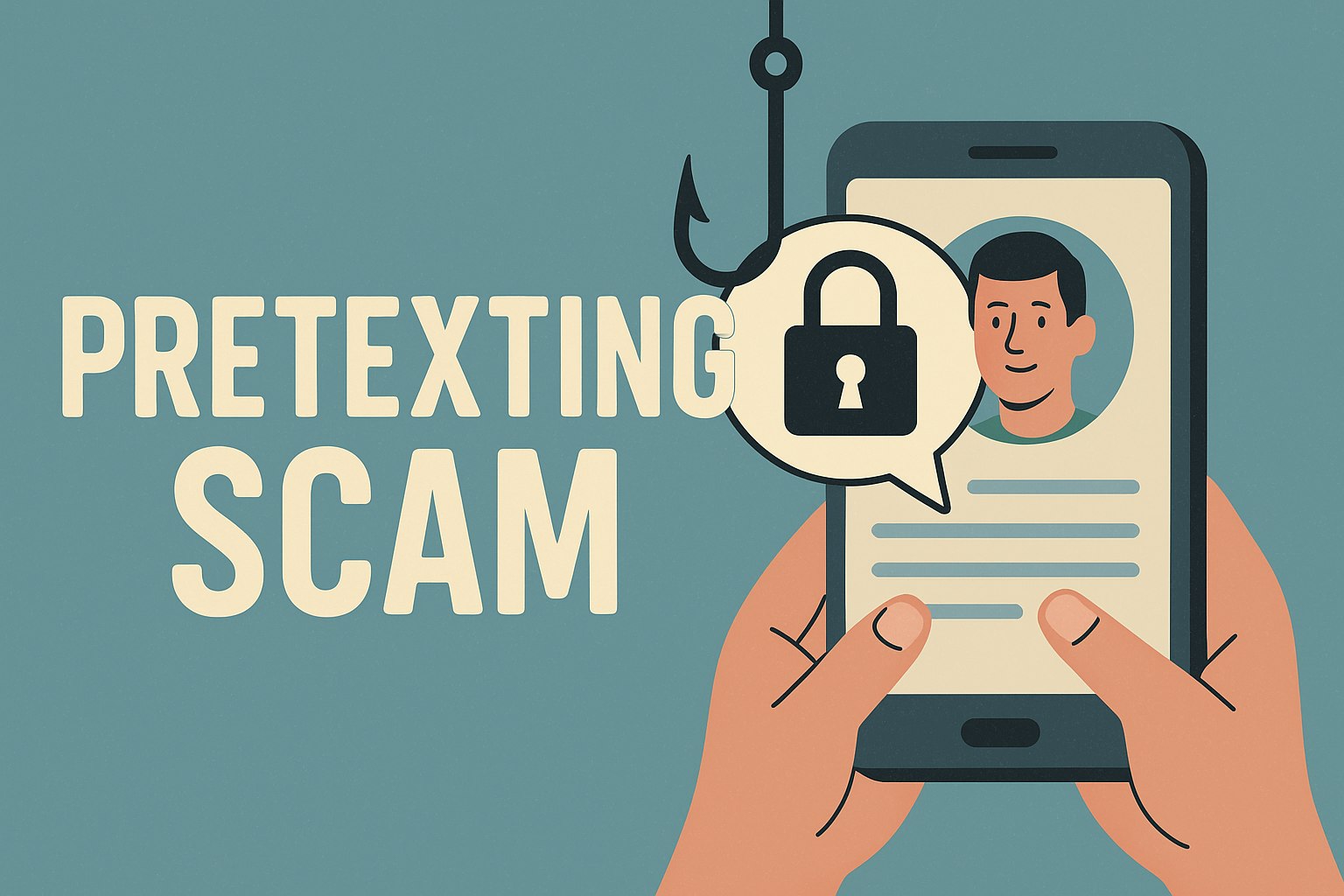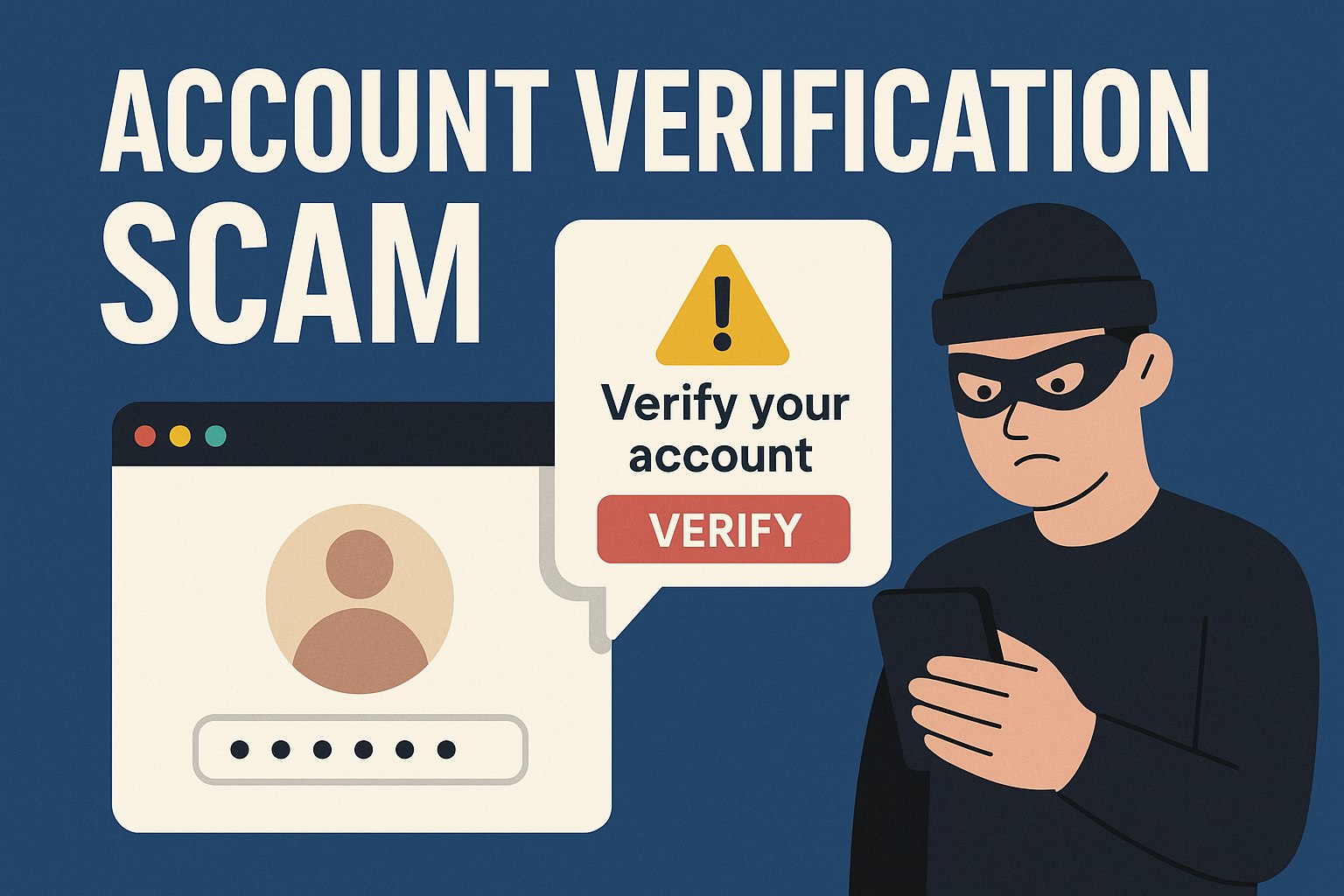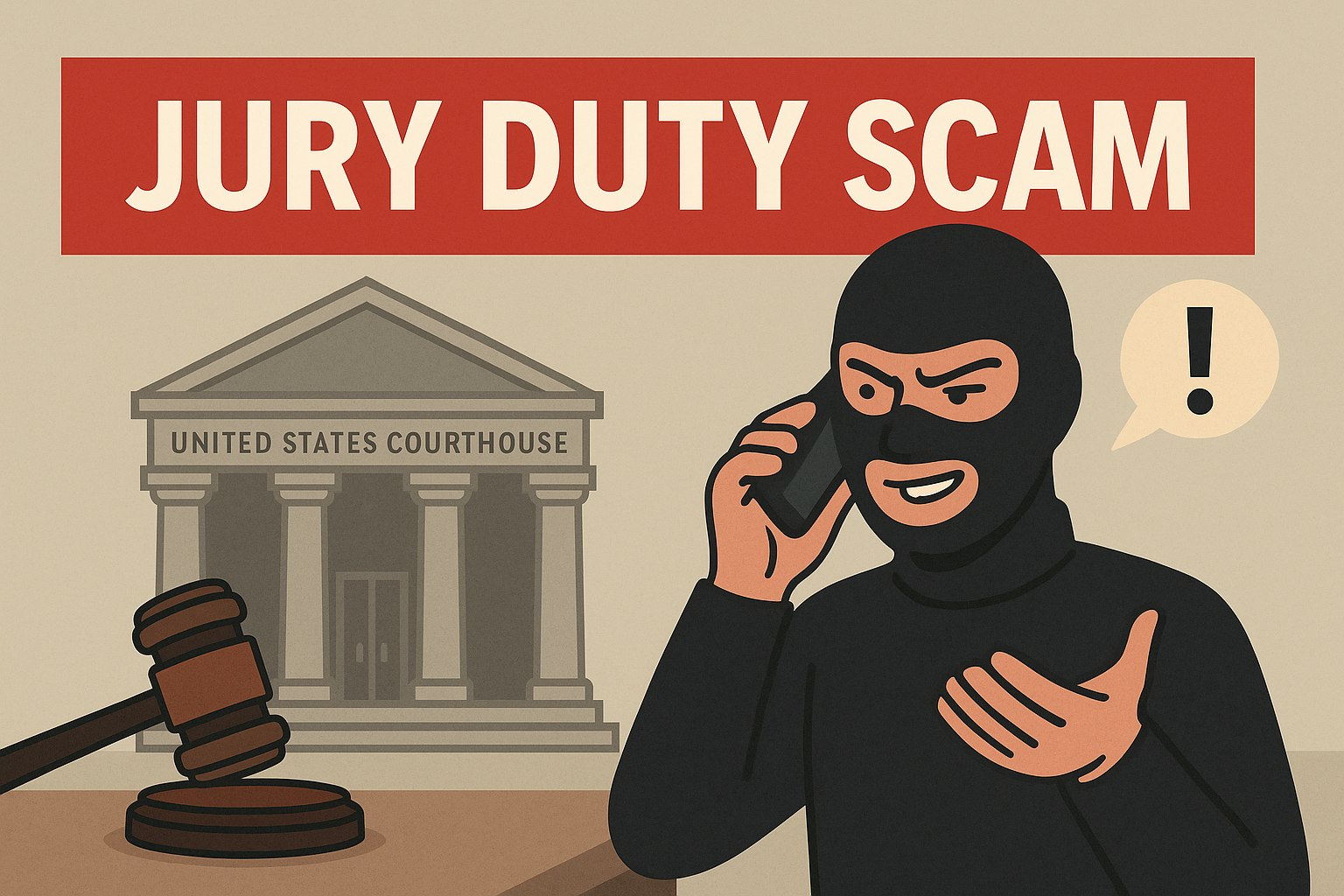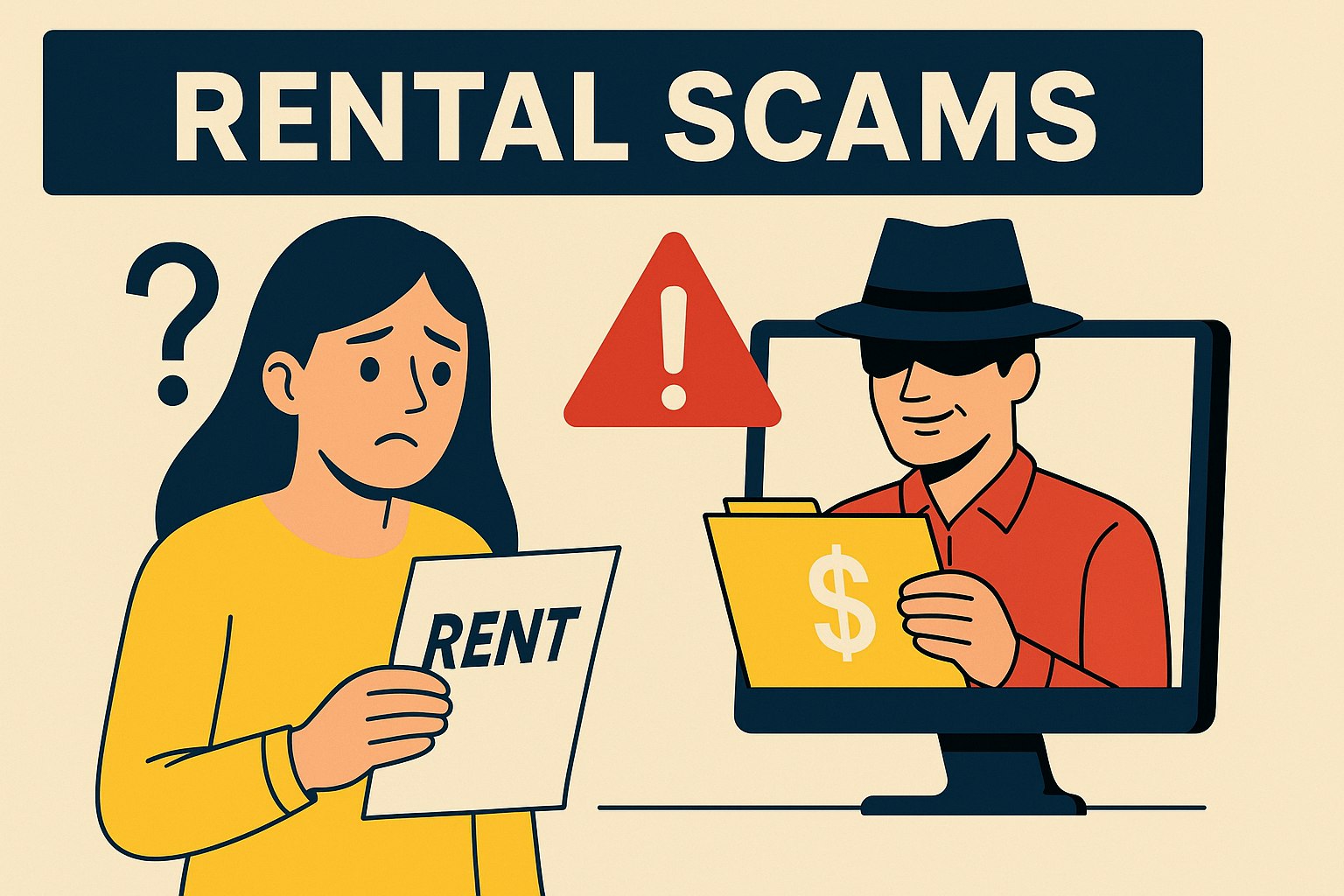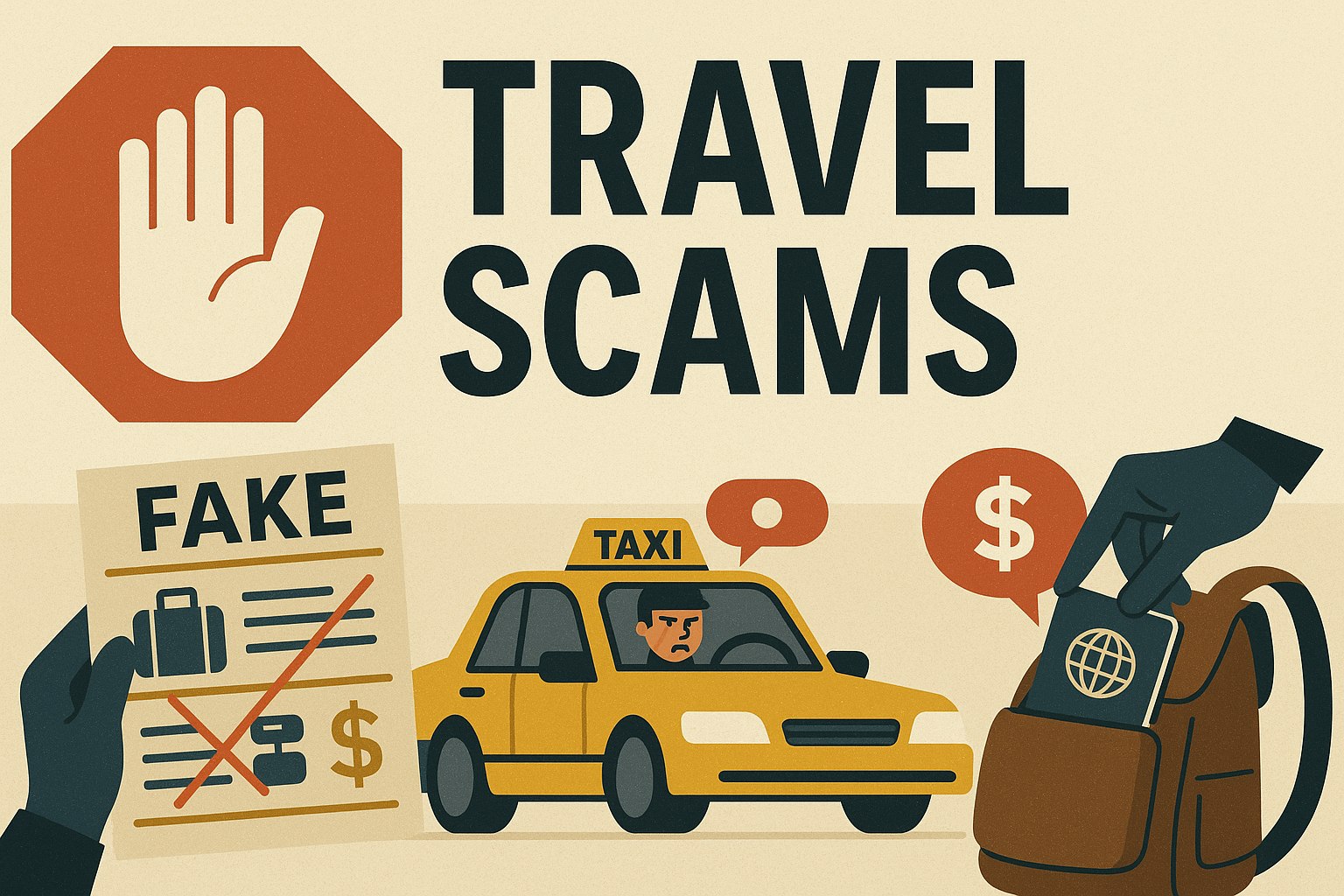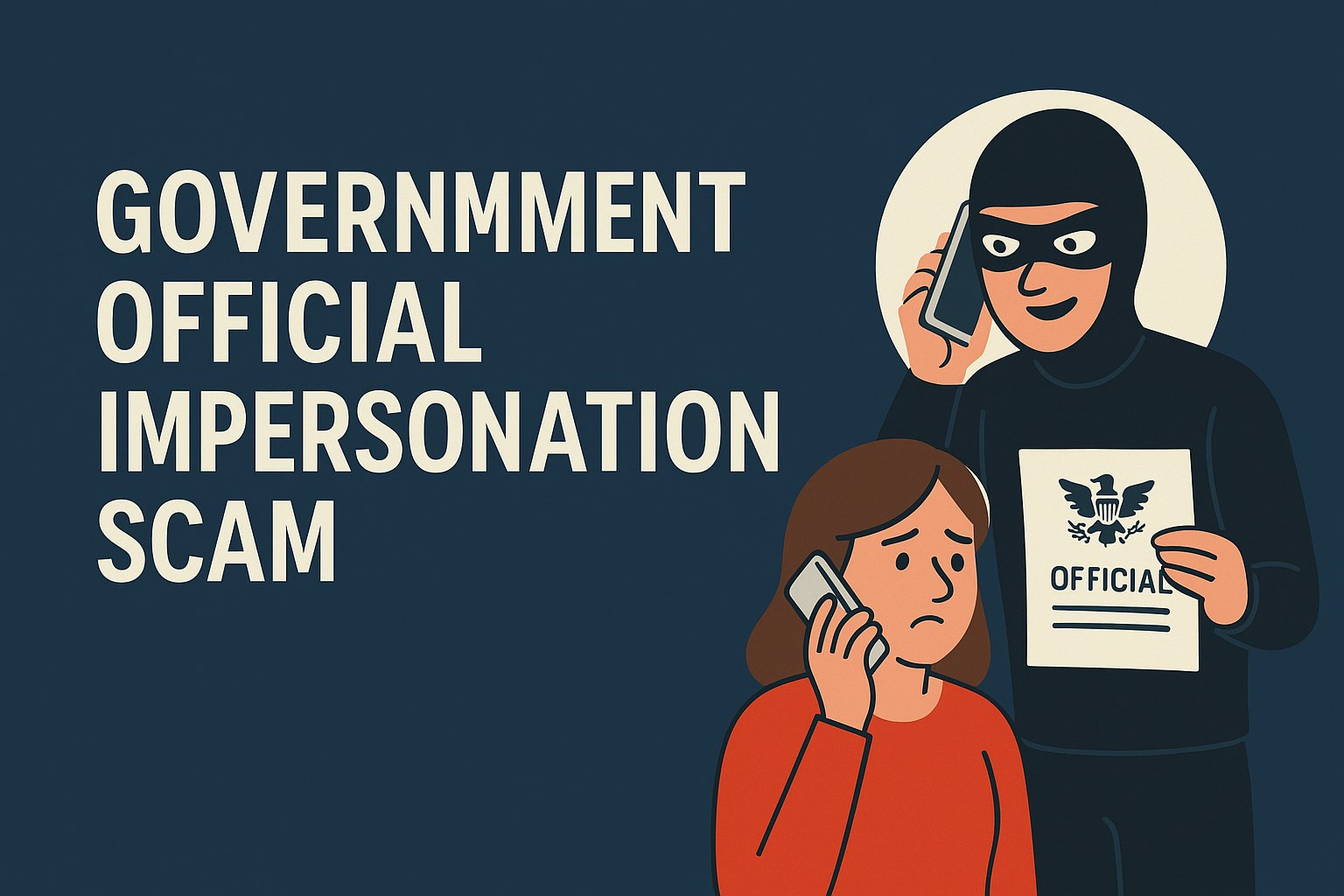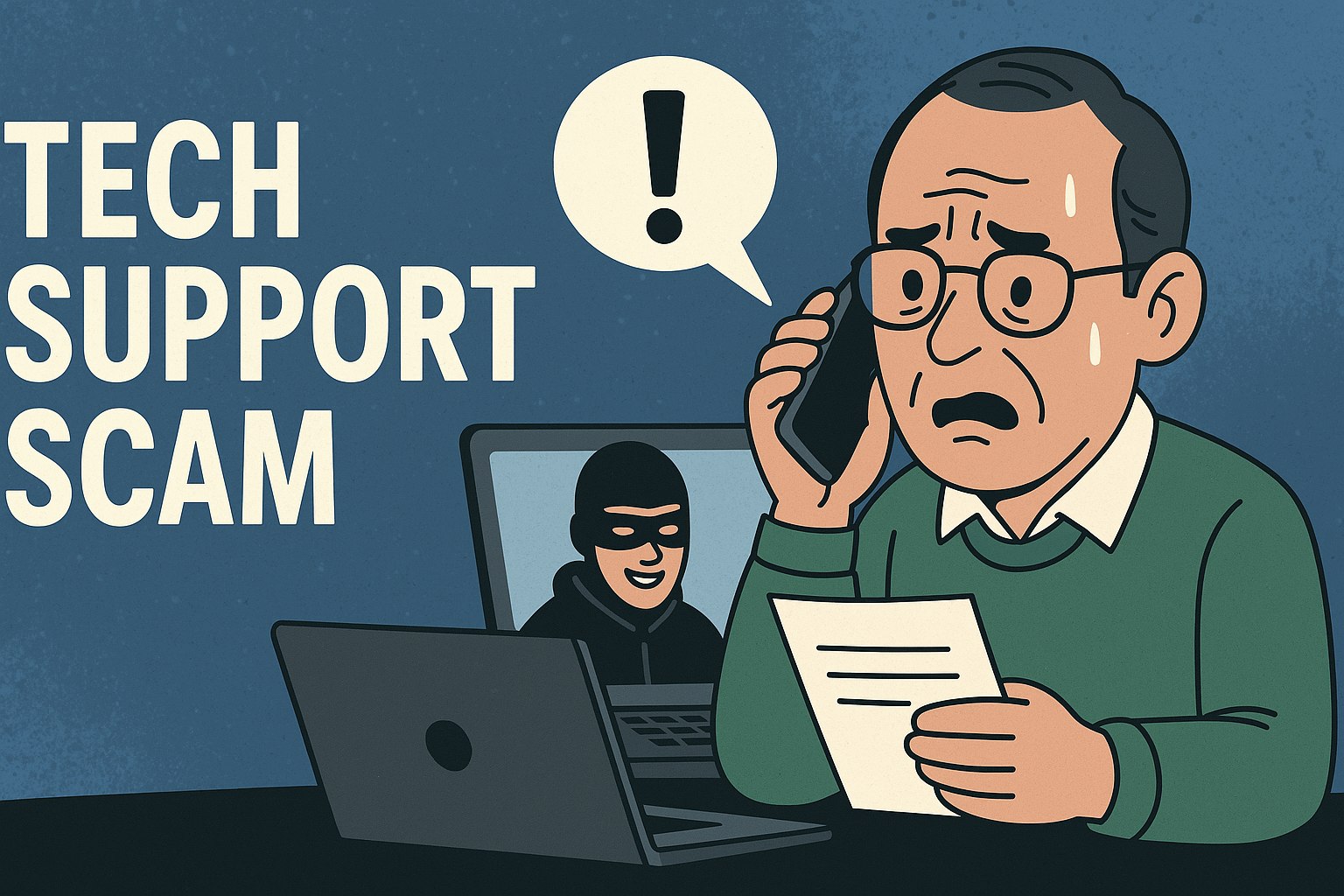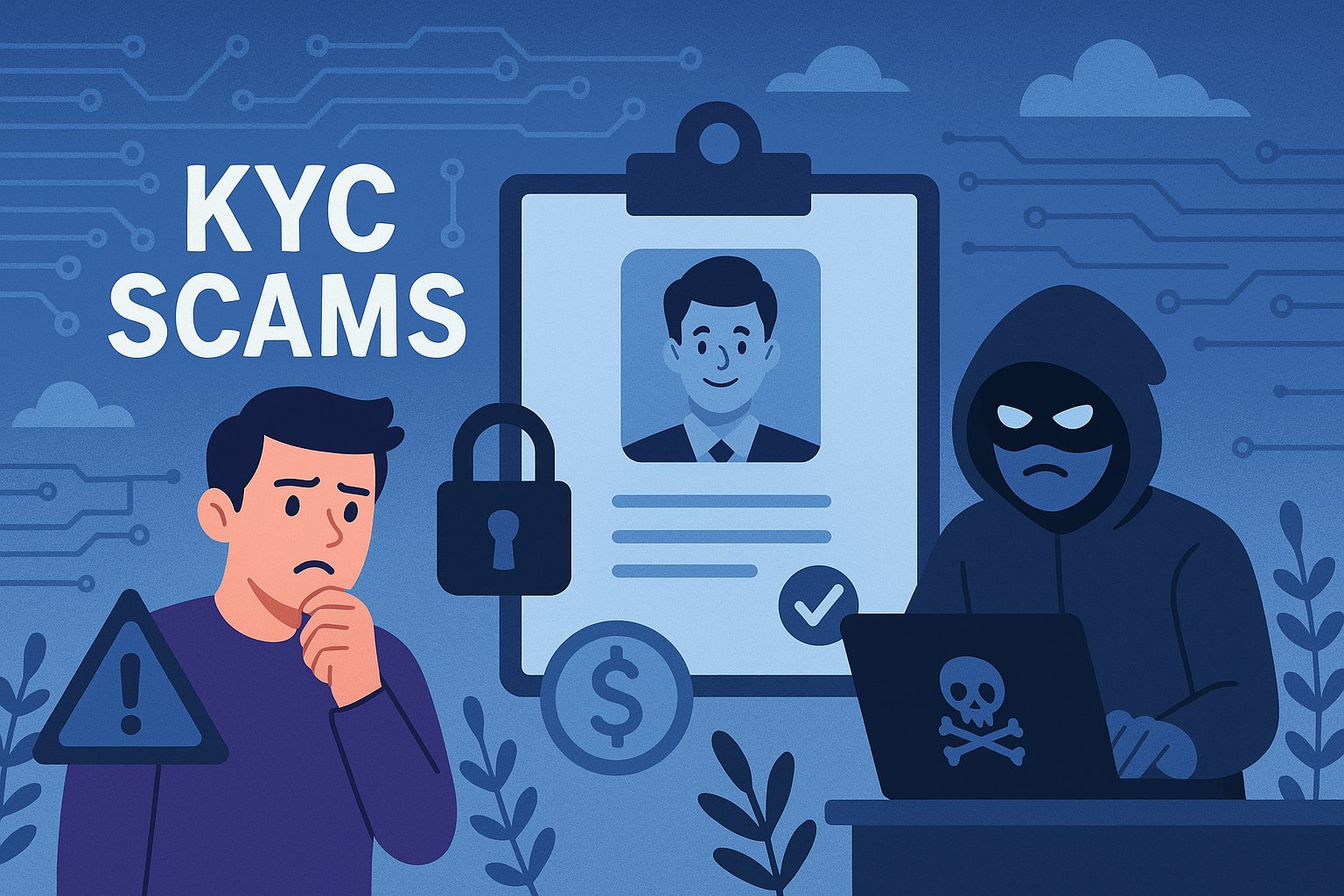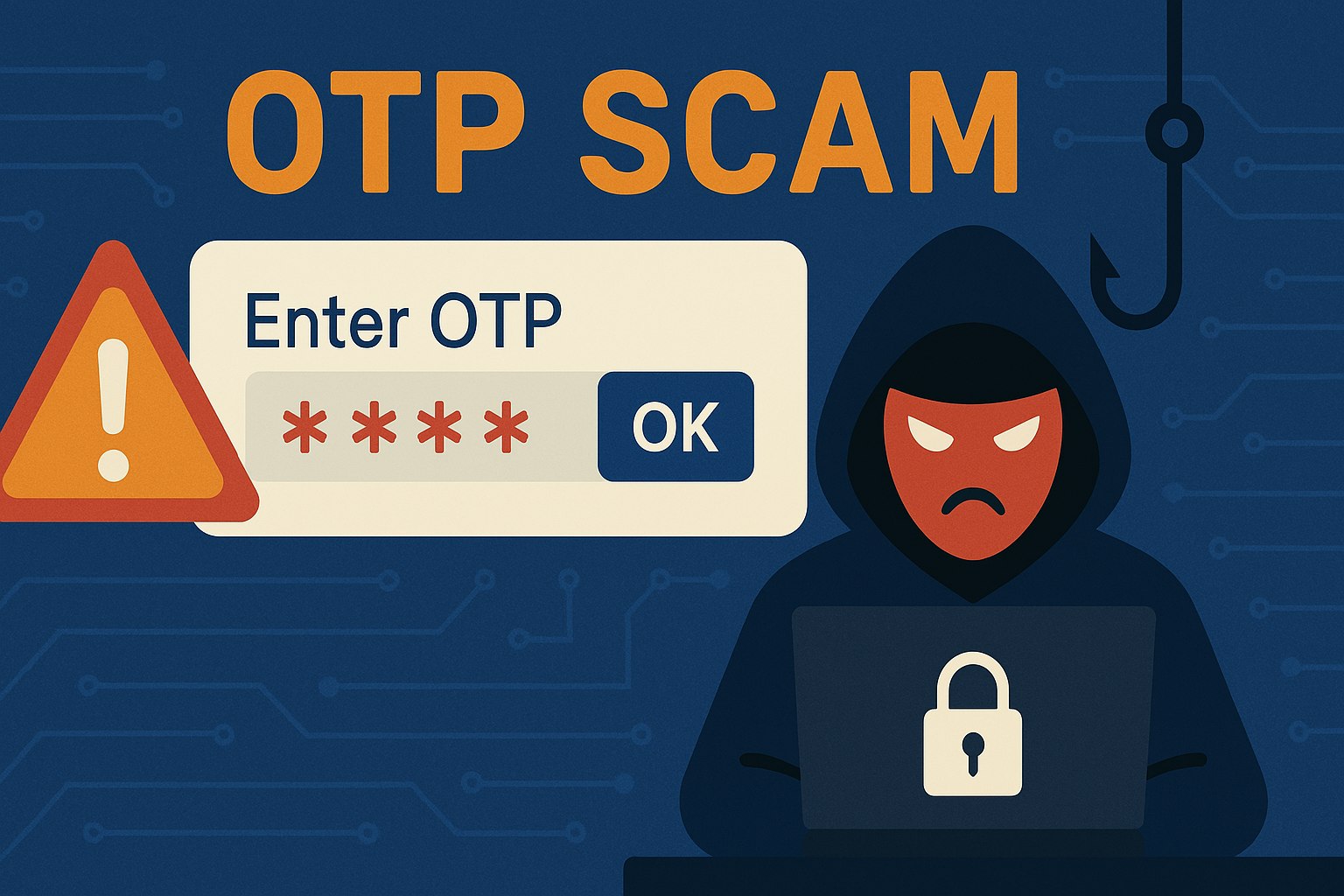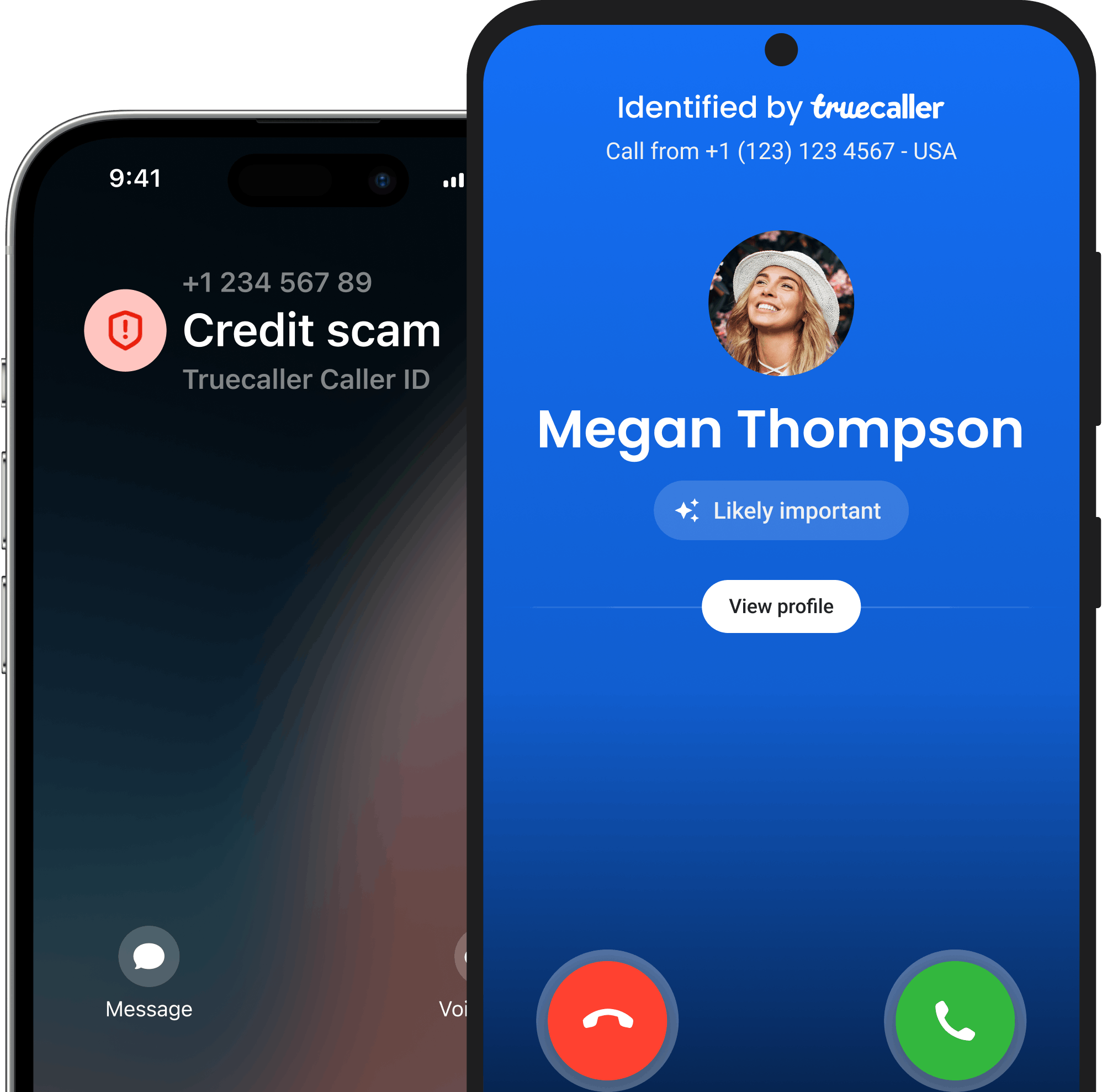
Job Scams
What is a job or employment scam?
In the modern era of technology, landing a job can be tough, and it's disheartening that some people and groups exploit hopeful job seekers. These scams take many shapes and can trick you easily. But with the right knowledge and precautions, you can greatly lower your chances of getting caught up in these dishonest schemes.
Employment scams can look like real job offers, but they're not. They come in different forms.
Types of employment scams
Scammers advertise work-from-home opportunities promising high earnings with minimal effort. They may request upfront payment for training materials, starter kits, or registration fees. However, after receiving payment, they provide no legitimate work or support.
Job seekers are enticed to participate in pyramid schemes disguised as employment opportunities. These schemes require participants to recruit others and invest money upfront with the promise of earning commissions from subsequent recruits. The primary focus is on recruitment rather than the sale of goods or services.
Scammers impersonate legitimate companies or recruiters via email, social media, or text messages. They may request personal information such as Social Security numbers, bank account details, or passwords under the guise of a job application process. This information is then used for identity theft or financial fraud.
In this type of scam, scammers send fraudulent checks or money orders to job seekers, usually for supposed work-related expenses or as an advance payment. The scammer then asks the recipient to deposit the check, keep a portion of the funds as payment, and wire the remainder back to them. Eventually, the original check bounces, leaving the victim responsible for the full amount.
Some employment scams involve identity theft, where scammers use stolen personal information to open fraudulent accounts, apply for credit, or commit other crimes. Jobseekers may unknowingly provide sensitive information to scammers posing as legitimate employers.
How to recognize a job scam?
- Be wary of job postings or offers that promise high pay for minimal work or qualifications. If an offer seems too good to be true, it likely is.
- Watch out for job listings with spelling and grammar errors, as well as those that lack specific details about the job responsibilities, company information, or qualifications required. Legitimate employers usually provide clear and detailed job descriptions.
- Be cautious if you receive a job offer out of the blue, especially if you didn't apply for the position. Legitimate employers typically don't reach out to candidates who haven't expressed interest in their company or job openings.
- Avoid job opportunities that require you to pay money upfront for training, materials, or equipment. Legitimate employers typically cover these costs themselves.
- Pay attention to the professionalism of communication from the employer. Legitimate employers typically use official email addresses, professional language, and proper formatting in their correspondence.
- Check the official website or social media accounts to find out if there is such a job opening available, or if there is contact information, call those to check the legitimacy of the job offer. This usually works for big companies, as they have proper channels to handle fraudulent job offers.
How to prevent employment fraud?
Before applying for a job or accepting an offer, thoroughly research the company. Look for reviews, check their website, and verify their contact information to ensure legitimacy.
If something feels off or too good to be true, trust your gut feeling. If a job offer seems suspicious or doesn't align with typical industry standards, proceed with caution or decline the opportunity.
Only provide personal information, such as your Social Security number or bank details, after verifying the legitimacy of the employer and the job opportunity. Avoid sharing sensitive information over unsecured channels or with unknown individuals.
Communicate with potential employers through secure channels, such as official company email addresses or verified contact information. Be cautious of job offers received through personal email accounts or social media platforms.
If working with employment agencies or recruiters, research their reputation and credentials before engaging in their services. Verify their legitimacy and ensure they adhere to ethical practices.
Seek advice from trusted sources, such as career counsellors, mentors, or friends and family members, when evaluating job opportunities. They can offer valuable insights and help you identify potential scams.
Actions after an employment scam
If you've fallen victim to an employment scam, here are steps you should consider
- Stop all communication with the scammer immediately. This includes ceasing any further correspondence via email, phone calls, or social media.
- Gather and document all evidence related to the scam, including emails, messages, job postings, payment receipts (if any), and any other relevant information. This documentation may be helpful when reporting the scam to authorities or seeking assistance.
- If you provided any financial information or made payments to the scammer, contact your bank or financial institution immediately. Inform them of the situation and follow their instructions to protect your accounts and prevent further unauthorized transactions.
- Keep a close eye on your bank accounts, credit cards, and credit reports for any suspicious activity or unauthorized charges. Consider placing a fraud alert or credit freeze on your accounts to prevent identity theft.
- If you encounter a scam through an online job platform or website, report the fraudulent activity to the platform's administrators. They may take steps to remove the scammer's profile or job postings and prevent further victims from being targeted.
Where to report job scam?
- Your local law enforcement agency
- Consumer protection agencies
- Truecaller community: With over 450 million people in its community, it is an easy way to make more people aware of such a scam!
- The real organization needs to be informed of such a scam as well, so that if not advertised, they can do so on their official websites and social media accounts that there are fraudulent job offers circulating in their name.
Country-wise Reporting Authorities
If you are in the United States, these could be some agencies you could reach out to:
- Federal Trade Commission (FTC): You can file a complaint with the FTC online at https://www.ftccomplaintassistant.gov/
- Internet Crime Complaint Center (IC3): You can file a complaint with the IC3 at https://www.ic3.gov/
- Identity Theft Resource Center (ITRC): https://www.idtheftcenter.org/
- Better Business Bureau (BBB) (also works for Canada): https://www.bbb.org/
- fraud.org
Reporting the scam on Truecaller will help prevent others from becoming victims.
- For immediate assistance and guidance on cyber fraud, call 1930 (toll-free)
- File a cyber crime report on
https://cybercrime.gov.in/ or
https://sancharsaathi.gov.in/sfc/Home/sfc-complaint.jsp - Access the list of state-wise nodal officers and their contact details from
https://cybercrime.gov.in/Webform/Crime_NodalGrivanceList.aspx
Reporting the scam on Truecaller will help prevent others from becoming victims.
- Police Special Fraud Unit (PSFU)
Email: report@specialfraudunit.org.ng, pro@specialfraudunit.org.ng
Whatsapp: 08127609914
Voice Call/SMS: 07082276895
Social Media: Facebook - Economic and Financial Crimes Commission (EFCC)
Email: info@efcc.gov.ng
Phone number: +234 8093322644, +234 (9) 9044751
Social Media: Facebook, Twitter, Instagram - Independent Corrupt Practices Commission (ICPC)
Email: info@icpc.gov.ng
Phone number: 08076369259, 08076369260
Social Media: Instagram, Twitter, Facebook
Reporting the scam on Truecaller will help prevent others from becoming victims.
- Action fraud: https://www.actionfraud.police.uk/charities
- Fundraising regulator: https://www.fundraisingregulator.org.uk/complaints
- GOV.UK: https://www.gov.uk/report-suspicious-emails-websites-phishing
- National cyber security centre: https://www.ncsc.gov.uk/
Reporting the scam on Truecaller will help prevent others from becoming victims.
- CSA Singapore: https://www.csa.gov.sg/cyber-aid
- File a police report at https://eservices1.police.gov.sg
Reporting the scam on Truecaller will help prevent others from becoming victims.
Conclusion
In a nutshell, employment scams are a real headache, and they can mess with your wallet and your feelings. But don't sweat it! Just remember to do your homework on companies, don't buy into those too-good-to-be-true promises, keep your information under lock and key, and always listen to that gut feeling of yours. Armed with these simple tips, you'll be cruising through the job hunt without a worry in the world!



